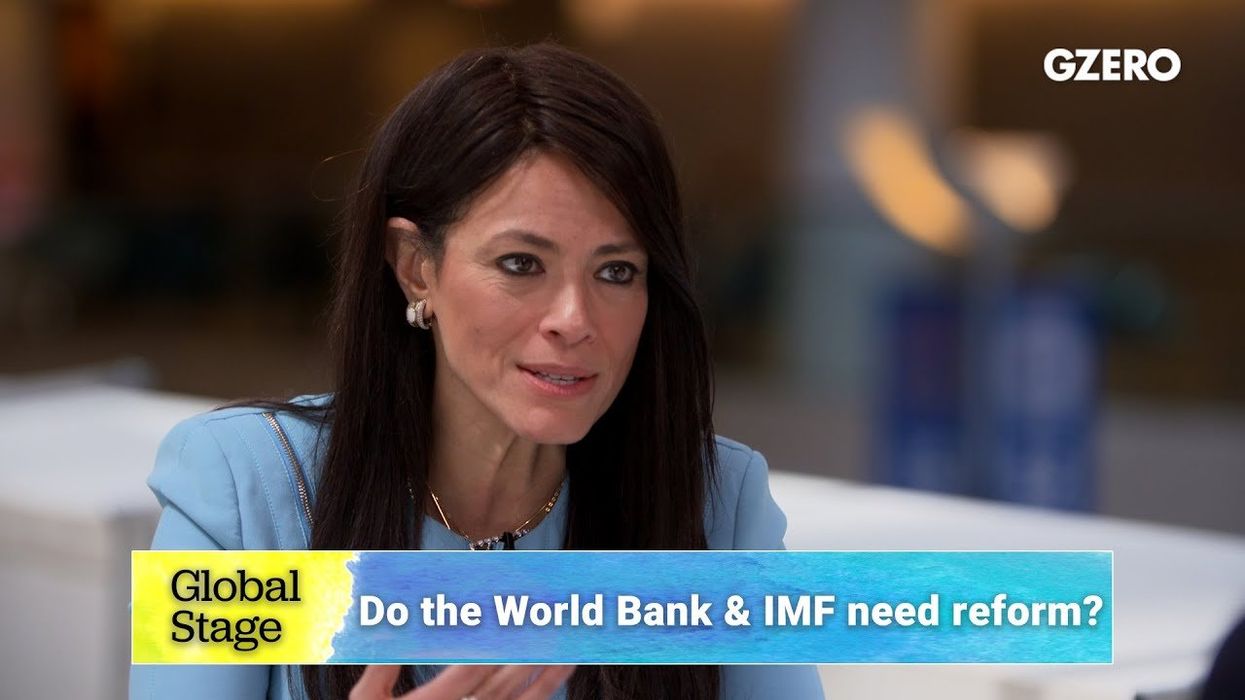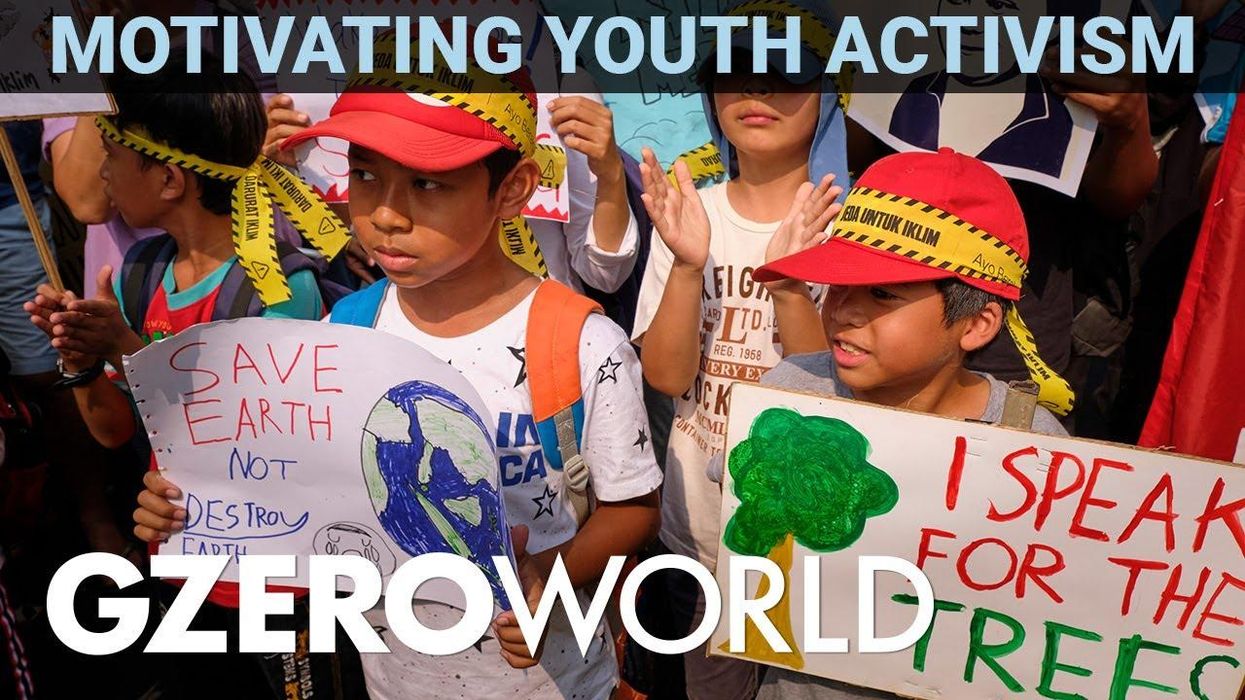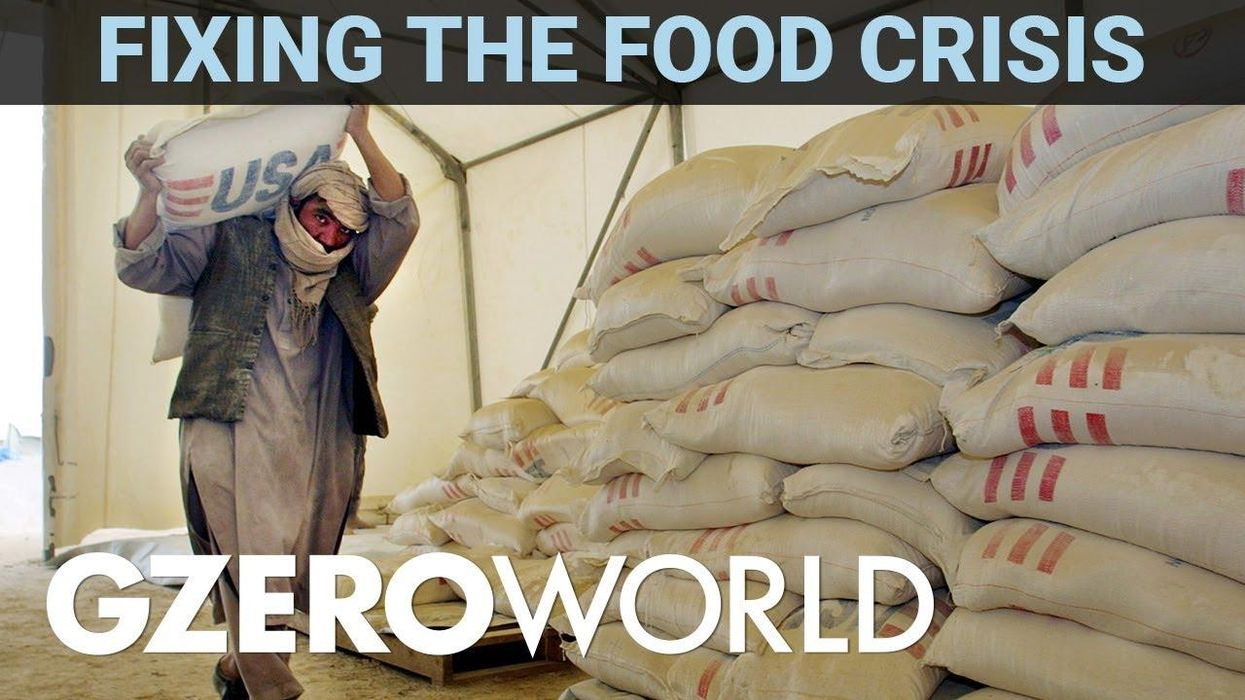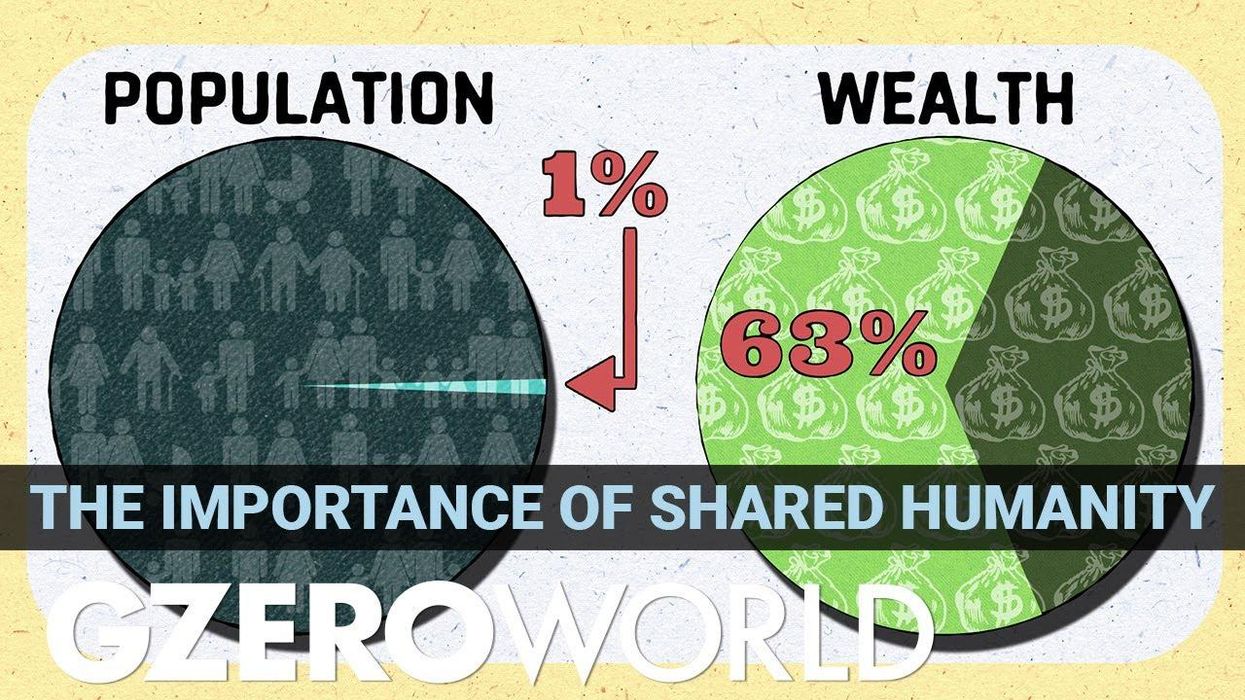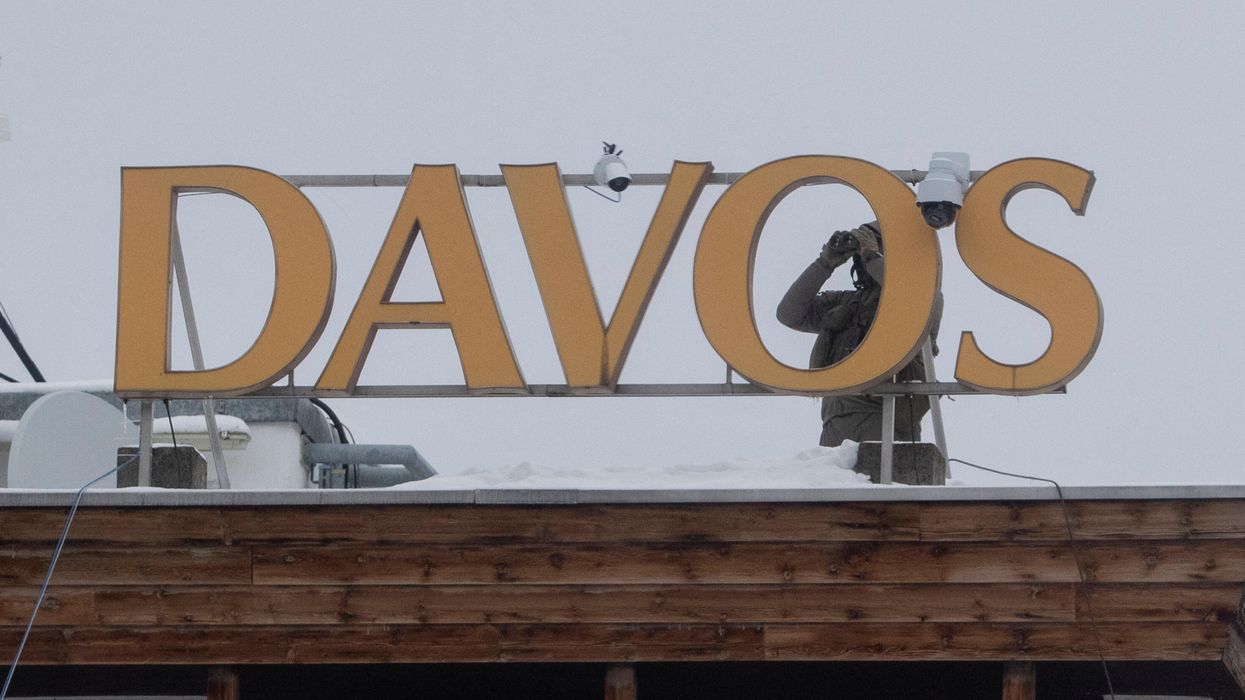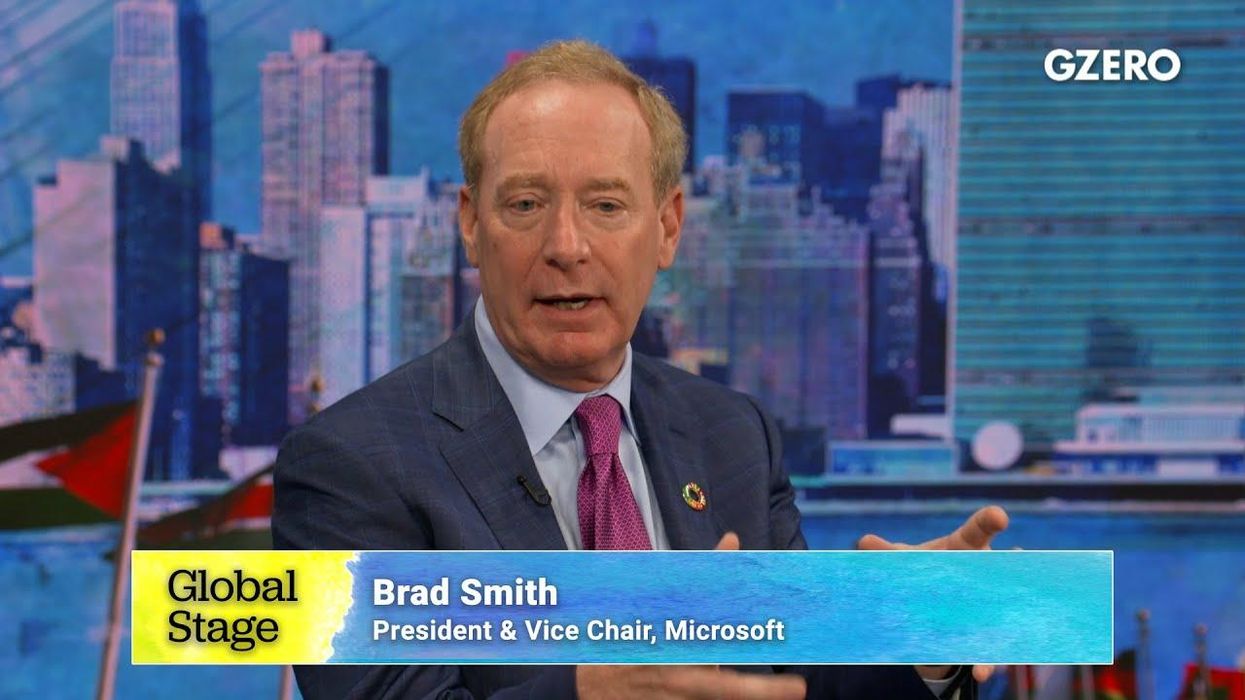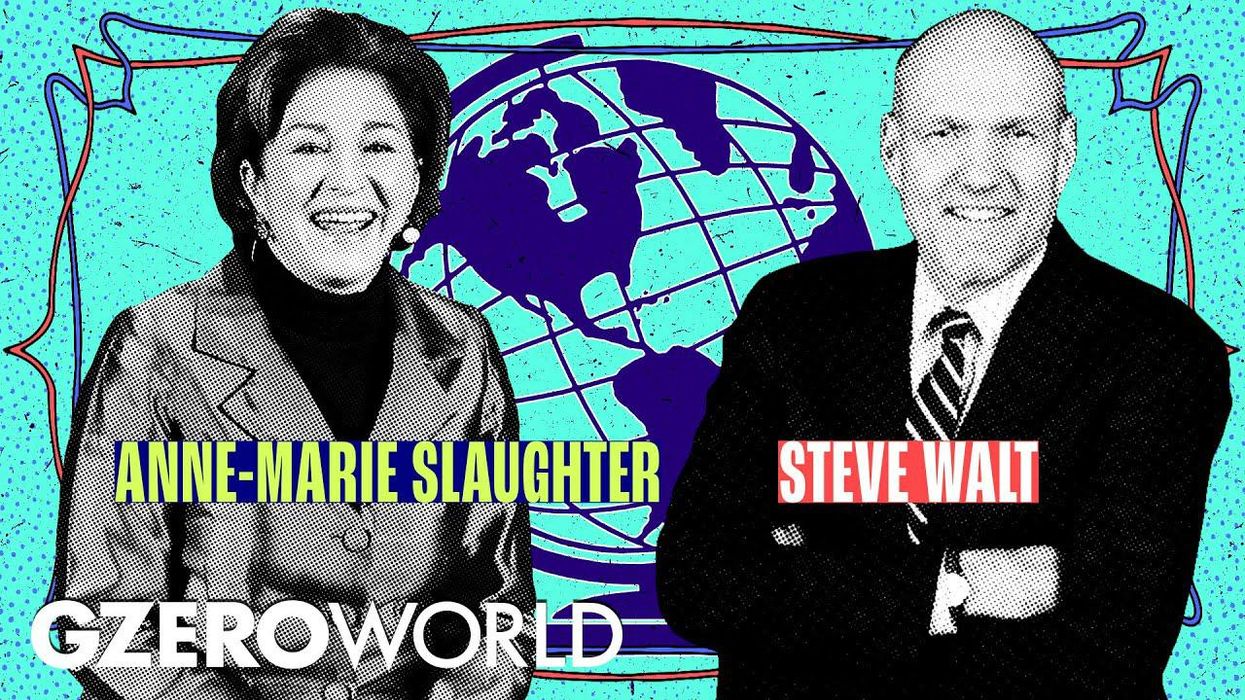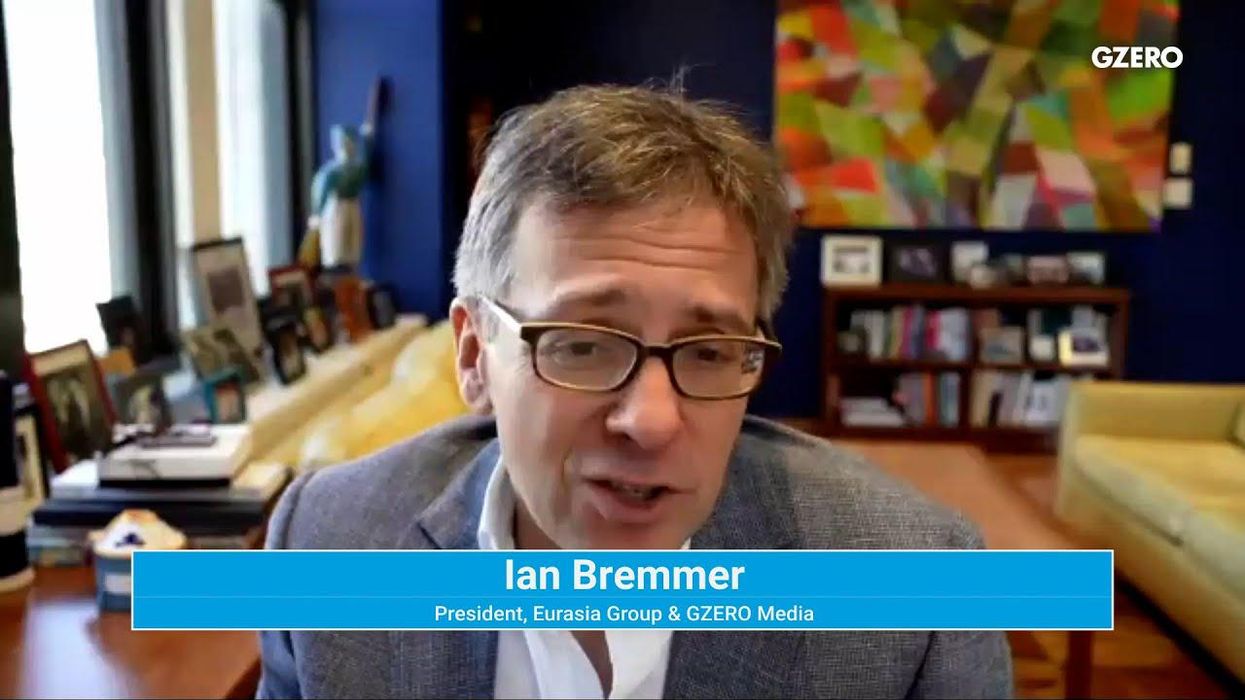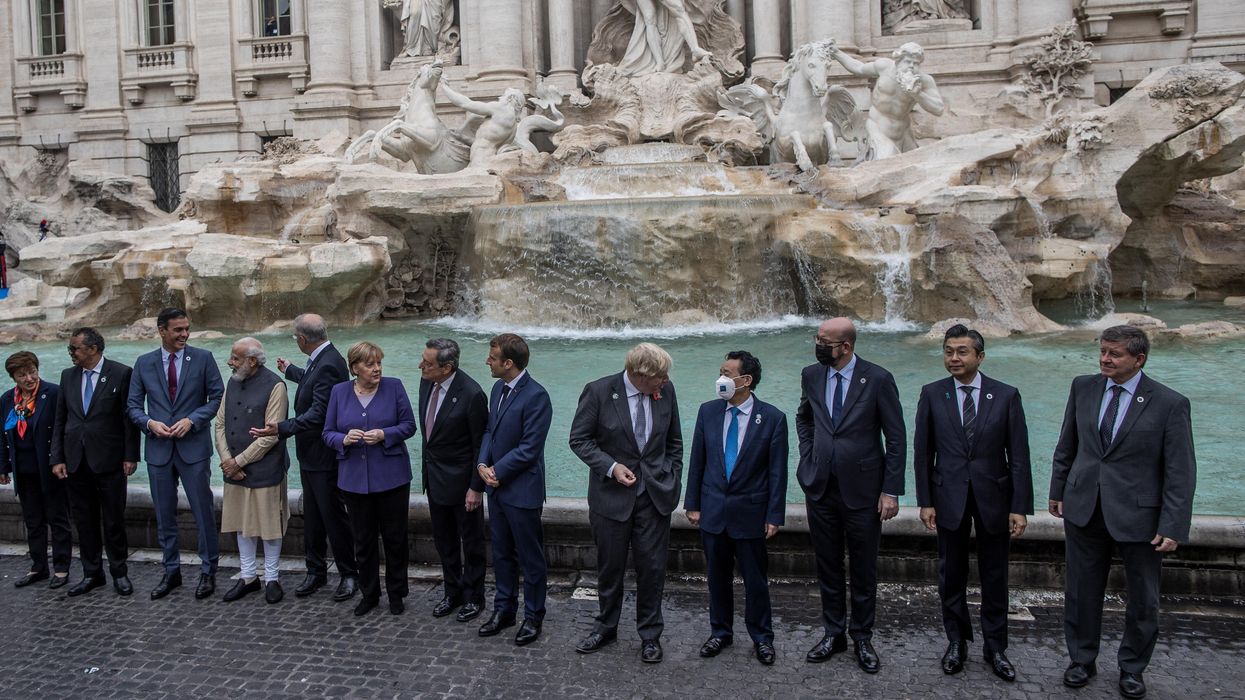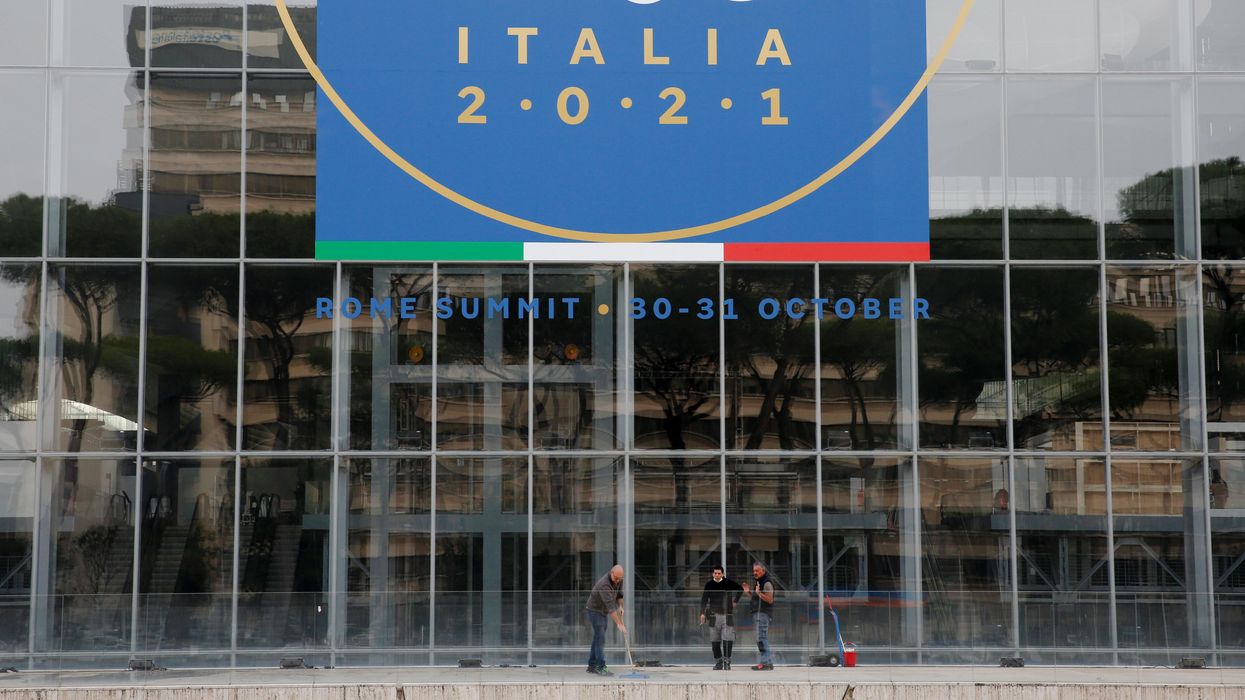Crisis Recovery
The world "is more coupled than we think"
Rania Al-Mashat, the Egyptian Minister of International Cooperation, tells GZERO's Tony Maciulis that the pandemic taught us how interconnected we truly are; no one nation can solve a problem as big as climate change, food insecurity, or geopolitical strife on its own. Al-Mashat makes a case for looking beyond the short term problems of inflation and toward longer-term solutions for the most pressing issues of our time.
Apr 13, 2023
